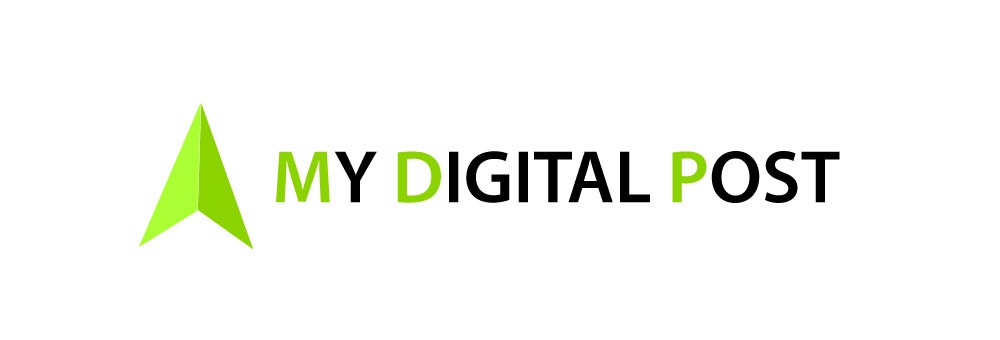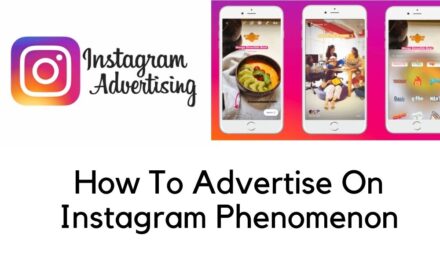So you want to know how to start freelancing. Good for you because freelancing can be an incredible opportunity if you have good skills to trade. You can gain more control of your time by essentially being your own boss and working from anywhere. These perks and more are why the freelancing industry is growing fast. Let’s cover how to start freelancing.
One survey found more than one-third of the US workforce performed freelance work, and 35 percent are non-temporary freelancers. But how do you get started? Why even become a freelancer in the first place? This article will help you get off on the right track to freelance success.
So, why freelance?
Freelancing isn’t for everyone. It comes with the same challenges as starting a business – there are no managers or supervisors, and your success hinges on performance and decision-making. So it’d be wise to consider why you want to become a freelancer carefully.
Here are some of the main reasons people choose a freelance career.
- Healthier work-life balance or schedule flexibility
- Freedom of place or no obligation to live in a particular area
- More control in their careers
- Freelancing as a student to earn income
Think about why you want to do it. Of course, making money is essential, but your reason should go beyond – because if that’s your only motivation, failure is more likely.
Step 1. Define your objective(s)
This is the first step. The number one reason people fail in freelance is that they didn’t set clear objectives from the start.
Begin your journey by setting your long-term goal, then break that up into shorter objectives. For example, assuming you want to make $120k per year – you can break that up into milestones, such as becoming good enough to charge X more money for your services.
2. Define your offerings
Think about your skills and how each one can help a prospective client, then offer services accordingly. For example, are you a great problem solver and manager of complex businesses? If so, maybe you can provide management consulting.
3. Identify your target audience
The next step is to find a target audience after defining your service. What type of customers is a good fit for your services? Are these people in a particular industry? Or does your offering fit a wide range of buyers?
At this point, you should also consider how you plan to reach these people. In general, you can do that in three ways:
- Freelance sites or job posting platforms
- Word-of-mouth or networking
- Marketing such as outreach, ads, etc.
4. Get your equipment and software in order
You’ll need more than your smartphone to serve clients properly. The most important piece of equipment is a computer (laptop or desktop). It doesn’t have to be anything fancy, but fast enough not to slow your work down.
Then you’ll need to buy any software required to do your work, such as video editing, writing, or accounting tools. You may also use free tools like Google Docs.
5. Decide on your fees
How much will you charge for your services?
Aim to maximize the amount you want to get paid without missing out on ideal projects. But, it’s also vital that you consider your time. Many new freelancers offer their services under market value, but this is not wise.
Best to be affordable without going below the market value for your services. Otherwise, you may find it hard to live off your earnings. It can also stop you from positively impacting as many people.
To determine your price, consider:
- The time it takes a competent professional to do the work
- What others are charging for the same or similar services
Your rates don’t have to be permanent. It’s normal for freelancers to change prices ass skill levels up.
Also worth keeping in mind is that clients are typically willing to pay more for any or combination of the following reasons:
- Your experience
- Industry expertise
- Urgency
- Complexity
- The quality of deliverables
- Geographical preference
6. Create your portfolio
Create a compelling portfolio to showcase past projects or accomplishments. Your portfolio is a starting point for establishing trust, so it’s crucial.
But what if you don’t have anything to show on your portfolio?
In that situation, you should consider creating samples of your work. Pick some things you’d like to work on and start building. For example, a website designer can create multiple sites, covering different niches to show as samples.
You can also include these to strengthen your portfolio:
- Testimonials
- Case studies
- Real results or data
7. Write a proposal(s)
You’ll need one or more proposals that you can easily modify to save time or apply for projects more efficiently. So, learn how to write a winning proposal and put serious thought into it.
Ensure the projects you go after match your work experience and capabilities to increase your chances of success. Clients want people they believe can do the job well, and your proposal should reflect that 100%.
8. Consider trying freelancing part-time to start
Marketing yourself is challenging. So If you’re unsure, try freelancing part-time first, learning the ins and outs along the way. If you like it, then slowly transition your income to 100% freelance.
Don’t quit your day job until you’re sure this path is right.
9. Build a positive working relationship
Work to develop a positive working relationship with every customer. Think of each person you work with as a long-term client, not one-time deals.
That will help you retain customers, a critical success factor in any freelance business. Think of successful brands like Amazon, Google, etc. You’ll notice customer retention is a key aspect.
So how do you retain your clients?
- Do remarkable work always, one you can be proud of to ensure client satisfaction.
- Find ways to offer more value, such as doing something extra. For example, a copywriter with SEO knowledge can offer free keyword optimization for the copy.
- Be consistent in your work quality – that means no shortcuts or slacking
- Communicate with your clients to create a stronger business relationship (e.g., asking for feedback).
- Be honest in your dealings, and your clients will appreciate it.
- Always aim to meet the deadline for projects. Consistently missing deadlines is a sure-fire way to lose customers.
- Be available to your clients, but that doesn’t mean you should answer phone calls or messages at inconvenient times. Instead, ensure customers know your availability and reply to messages in a reasonable timeframe.
10. Commit to continuous learning
The main reason clients will work with you is for your skills. Therefore, continuous development of those skills is crucial.
Some things you can do include:
- Schedule time off to study or even build something you want to develop. For example, you can pick a day, such as Saturday, designating it as learning time.
- Pay attention to the market by subscribing to industry blogs, for example. This will keep you informed, ensure your clients receive the best service possible and enable you to adapt to changes quickly.
- Consider regularly buying courses from online learning hubs like Udemy. You can even use YouTube for free learning – lots of great material there.
You can do this!
Now you know how to start freelancing; what’s left is to get out there and serve people. And while starting a freelance career may seem overwhelming or complex, it’s straightforward, providing you follow the proper steps.
Also, consider the following wisdom from the late Bob Proctor:
The need for what you do, your ability to do it, and the difficulty in replacing you – determine your earning potential.
To find projects, these are the top freelance sites:
- Upwork
- Freelancer.com
- Fiverr
- Flexjobs
- SimplyHired
- Jooble
- Guru
- ServiceScape
- TaskRabbit
- Behance
- 99designs
- DesignHill
- Dribbble
- People Per Hour
Lastly, cultivate the mindset of a business owner as it will increase the likelihood of success. Good luck.














